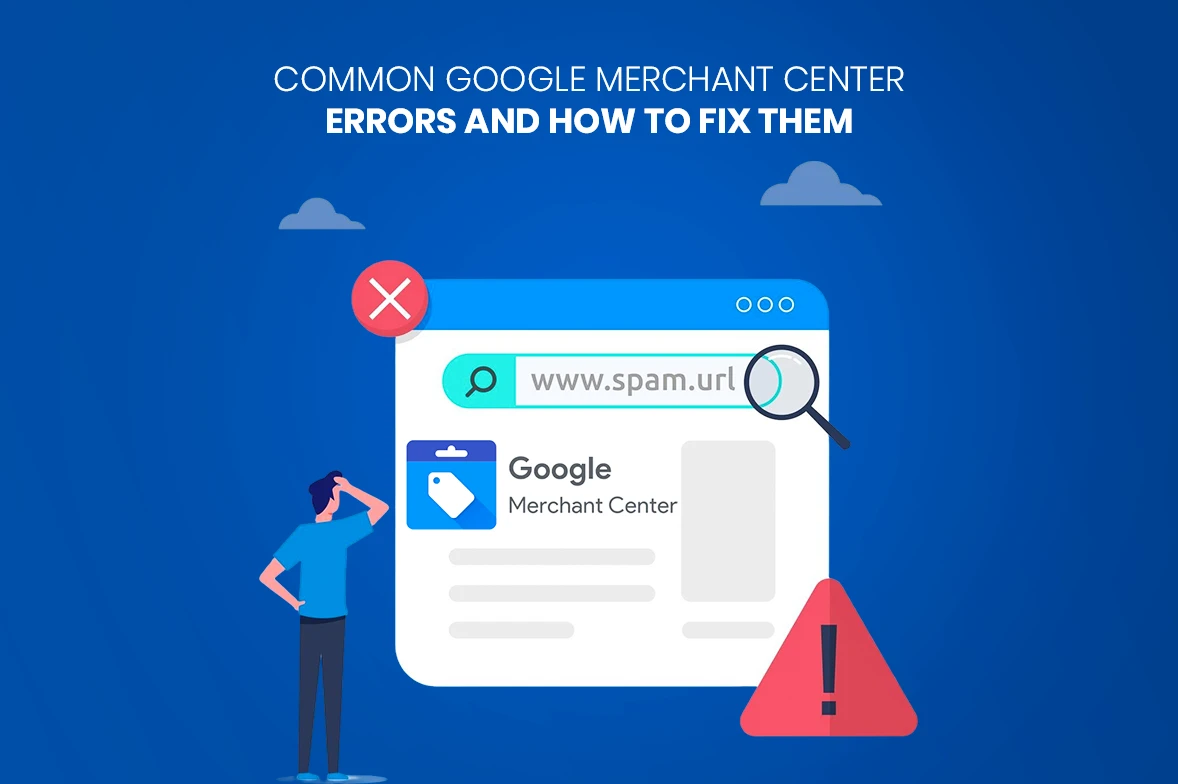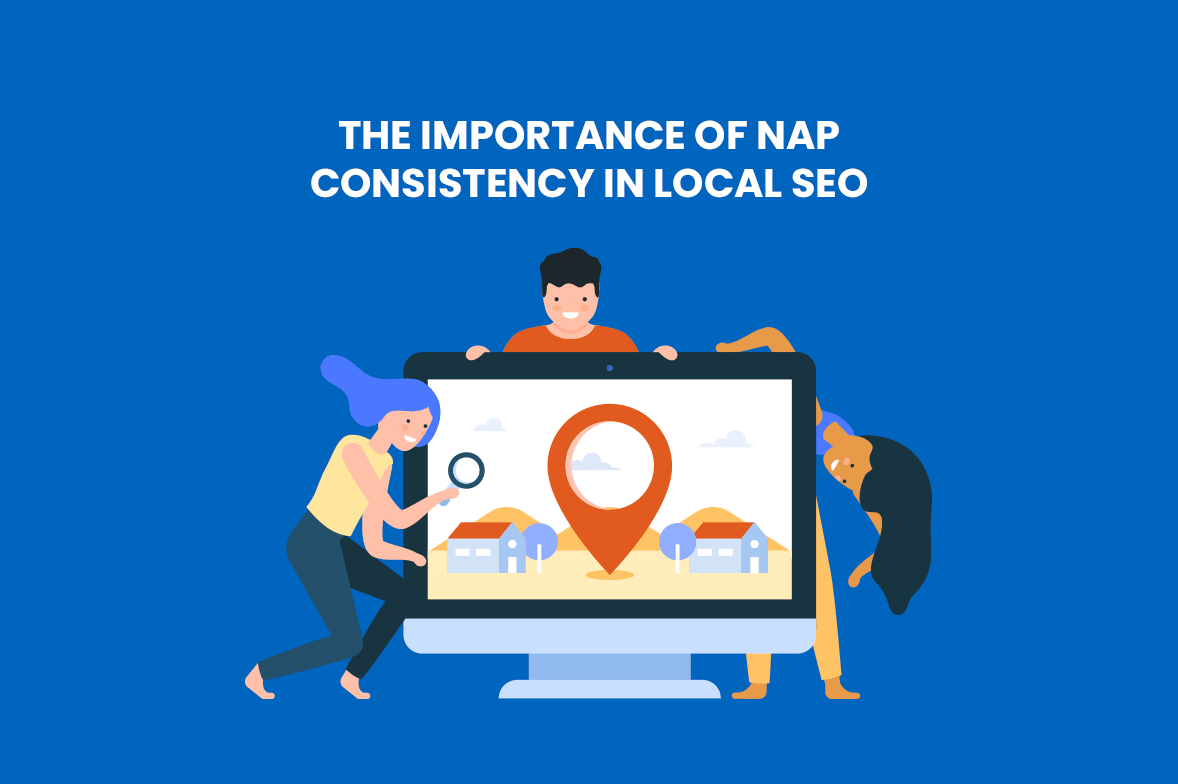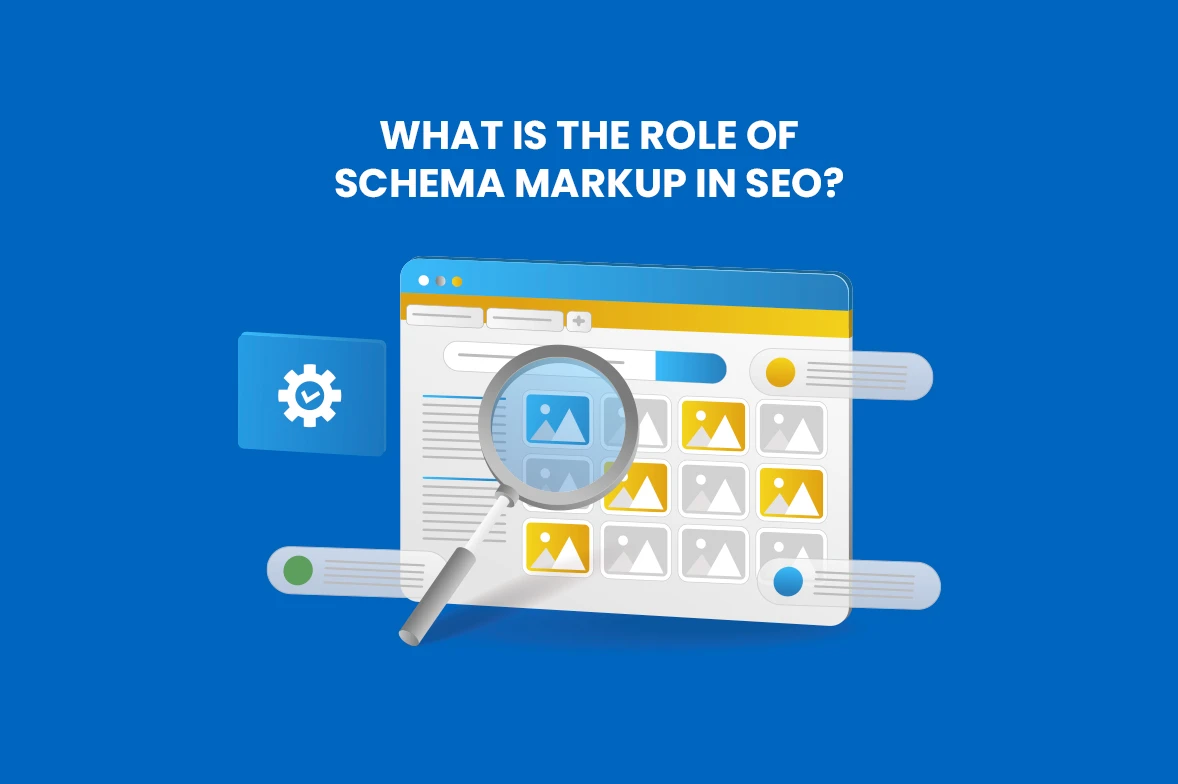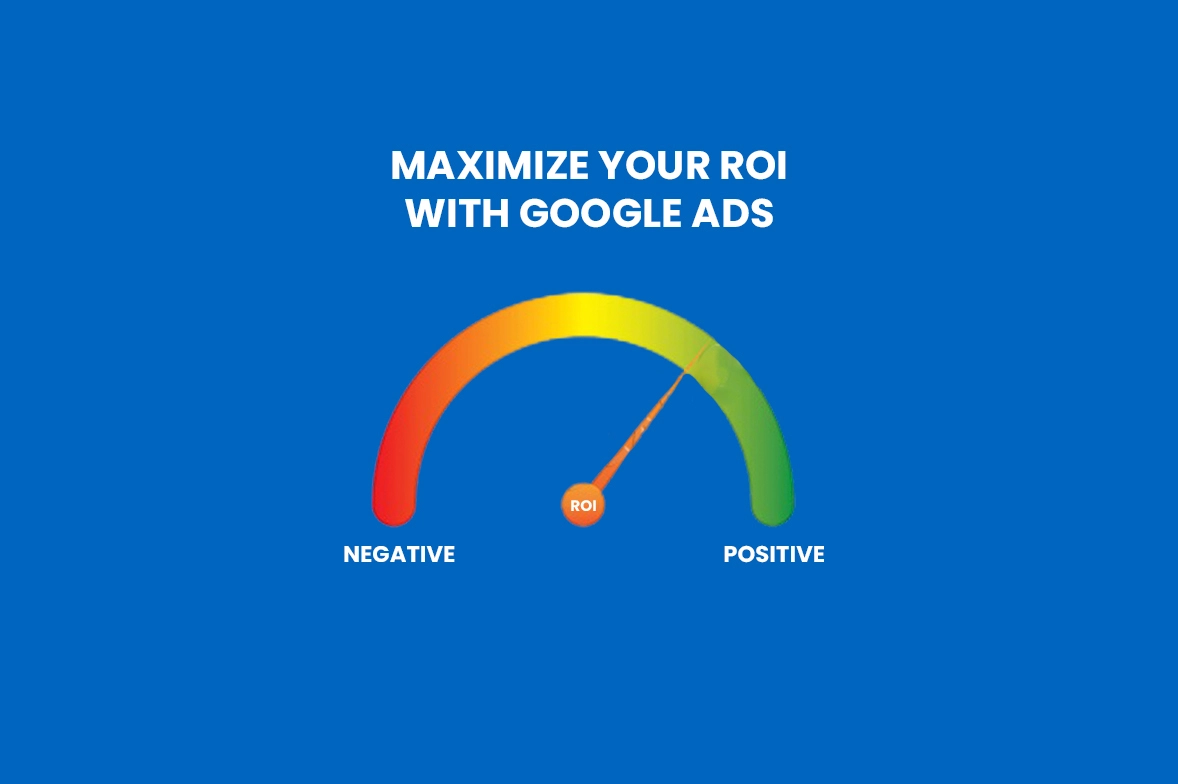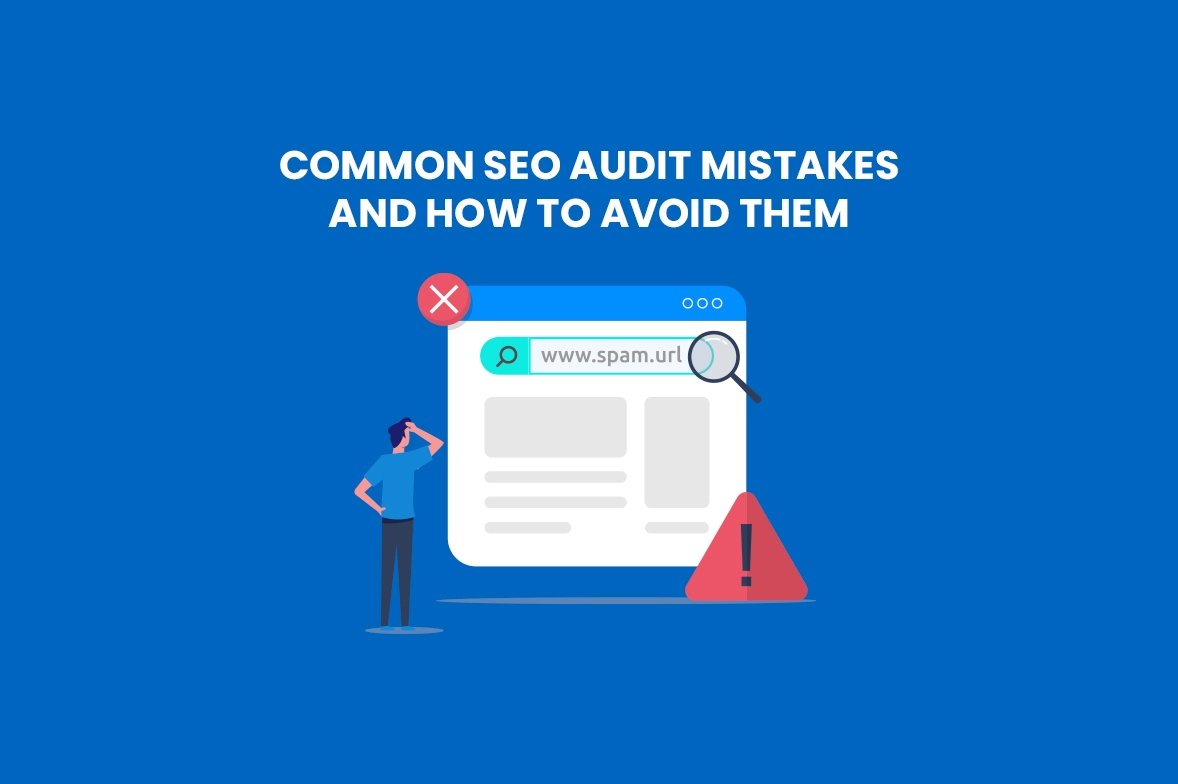
How does Semantic Search Affect SEO in 2020?
Google has been putting in great efforts in perfecting the search results for the ideal user experience from the very beginning. They ensure this with constant updates.
When Google was plagued with low-quality content and SEO, they made huge changes with major algorithms like Hummingbird and RankBrain. With the introduction of artificial intelligence, machine learning, and semantic search, the Google search engine has progressed in the field of natural conversation.
What is Semantic Search?
When search engines use intent and contextual meaning of the words or phrases utilized by the searchers, to deliver the content they require.
Earlier search engines furnished results based on the exact keywords or phrases in the content. But now search engines have an enhanced understanding of the searcher’s intent and thus provide personalized answers.
Some of the factors related to the semantic search are:
- Voice search
- Hummingbird and RankBrain
- Featured snippets and rich results
The Impact on SEO
Semantic search has a great impact on the SEO and some of the important elements that search engines look to rank are:
- Content optimized for voice search
- Answers to the audiences’ questions
- The conversational style of writing
- Have related topics of interest for the audience
What are the steps to rank the content higher in search?
1. Valuable Content
Google can better understand if your content offers value to its audience or not. No amount of SEO tactics will work without good content. With semantic search, topics have more value than keywords. As search engines look for relevant content, it expects topics to be comprehensive and informative than ever before, making it highly targeted and useful.
2. User Intent
Try to understand what the user is searching for. Look for the right keywords while doing research and then check Google search. It will provide a list of phrases that you can elaborate on. You should match the content to the search intent. See what type of keyword it is and look for the search intent in it like informational keywords, navigational keywords, and transactional keywords.
3. Give Direct Answers
Once you find the relevant questions to the topic, add them to your content and answer them directly. Topics that solve questions are loved both by the audience and Google. Google selects them to be featured as rich snippets. Optimize the content with long-tail keywords for featured snippets which will increase your search visibility. It will list the information in answers boxes, paragraphs, and lists.
4. Authority and Trustworthiness
A good brand is all about authority and trustworthiness that is built with constant interaction with your audience. To create a brand, ensure that you write blogs, on social media platforms and provide value and remain visible to your audience.
Semantic search helps bring about more personalized search results for the audience. Implement strategies like answer customer’s questions, provide valuable content with structured sentences and add in synonyms and related content for each target topic. Want to know how this works? Get in touch with us!
Anuja Benny
Anuja is a skilled content writer with 4 years of experience crafting engaging and impactful content. She has a knack for delivering clear and audience-focused writing through blogs, articles, copies, technical writing, case studies, and so on. With a keen eye for detail, she is dedicated to delivering high-quality content to connect with the right audience.

